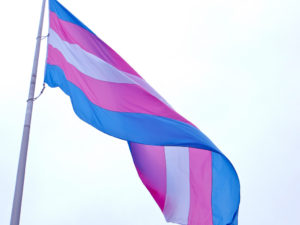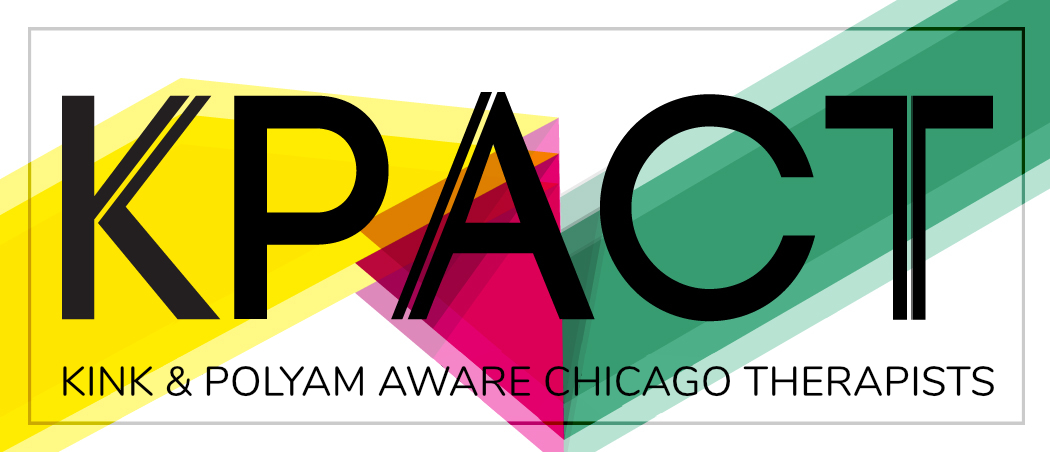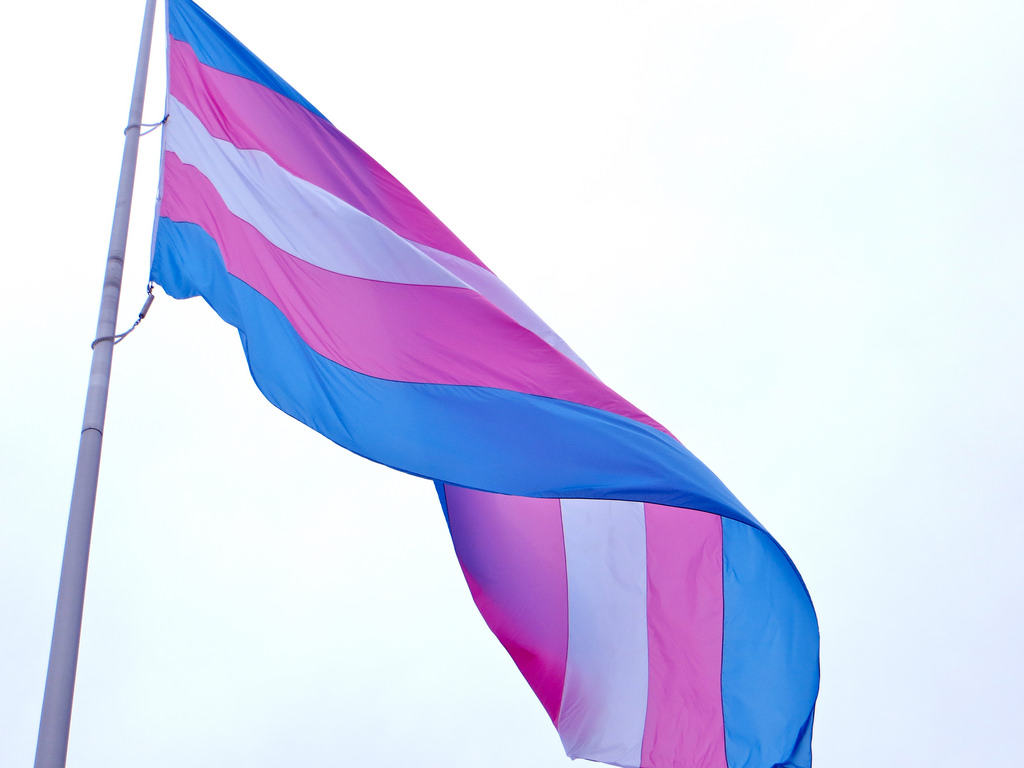
by Cindy Trawinski, Psy.D.
My world and life, like many people’s, is a mix of privilege and struggle. As a cisgender woman, I have some privileges that trans women and men do not. For example, I can assume that others will use my preferred pronouns (she, her, and hers) when referencing me. As a person in a non-monogamous relationship, I have also faced issues that people in non-traditional relationships may face—for example: not having my relationship recognized as legitimate or as committed as monogamous relationships are. As a sex-positive therapist working with a variety of marginalized experiences, I am in an ongoing process of learning about my own biases and assumptions as well as endeavoring to expand my awareness, understanding, and acceptance of experiences that are not mine. And as process-oriented therapist, I challenge myself to work with my edges and try to see the deeper humanity and transcendent states in all experiences.
This is the third in a series of blog posts exploring what it means to be an ally and offers some basic suggestions or those who want to become a personal support to friends, neighbors, co-workers, or family members facing discrimination, stigma, and bias from the general culture because of their identity.
T is for transgender. Along with lesbian, gay, bisexual, questioning, and queer, transgender is one identity encompassed in the acronym LGBTQ. The term “transgender,” commonly shortened to “trans”—and sometimes followed by an asterisk (*) to denote inclusion of identities such as transsexual, gender non-conforming (GNC), gender fluid, non-binary, and genderqueer—is itself a broad label that comprises many diverse understandings and expressions of gender. That being said, even within the LGBTQ umbrella, people who identify as transgender have also been marginalized or excluded at times from specific LGBTQ groups and/or the larger LGBTQ community.
Whether someone identifies as transgender or not, a person’s gender identity is often a deeply personal, nuanced, meaningful, and emotional topic. Beyond being a subject of recent political debate, gender expectations, expression and identities emerge in virtually every area of society: from the workplace to interactions with neighbors, friends and family members. And, at times, our awareness and lack of awareness of the diversity of underlying experiences can lead us to conversations about gender that can erupt in anger, conflict, or misunderstanding.
Learning that someone you love identifies as trans can elicit a wide range of feelings and reactions. You may feel surprised, confused, supportive, hurt, fearful, skeptical, or any number or combination of emotions. You may be confronted with thoughts or ideas that you have never examined or considered. You may want to explore your own feelings and learn about what being trans means for you and for your loved one. Take time with this and be kind to yourself and your loved one. The coming out and transition processes take time. Seek professional support if this is appropriate for you.
Becoming a trans ally means carrying the responsibility of accepting and welcoming your trans loved one unconditionally. Your feelings may vary on a moment-to-moment basis and you should expect some inner conflict. Being an ally means working on your own stereotypes and fears. This is an often difficult task that requires self-education, exploration of biases and discomforts, identification of assumptions, and a process of self-discovery, as well learning about something about which you may have little information.
Allies may or may not identify as trans themselves. If you do not identify as trans, you may use the term “cisgender” (usually shortened to “cis”) which refers to anyone whose gender identity corresponds to the sex they were assigned at birth. Like your trans friends or loved ones, allies can follow any religious belief or spiritual path, and experience any kind of orientation and relationship to their sexuality and gender. A person’s gender identity is not equivalent to their sexuality and does not imply anything about their choice of partners.
Here are some suggestions for starting down the path to becoming a trans ally:
- Listening. One of the simplest ways to support your trans friend, coworker, family member, or partner is to listen to them. Many transgender people feel invisible or excluded. When they do have an opportunity to speak about their identity, a trans person often spends a great deal of that time countering misinformation and educating a primarily cis audience. Show your trans loved one that you are interested in what they have to say and that you value their knowledge, experience, stories and points of view.
- Make learning a priority. Assumptions harm everyone. Learn what name your trans loved one prefers to be called and the pronouns (e.g. “her,” “him,” “they”) by which they like to be referred. When in doubt, ask—but ask thoughtfully. Follow your curiosity, but instead of saddling your trans loved one with the responsibility to speak for all trans people, educate yourself. Google your questions and remember to consider the source. Learn what questions are considered invasive and which terms are considered offensive.
- Reflect before offering your opinions. Practice empathy and compassion. Think about how you can use your language to welcome rather than hurt members of the trans community. This may take extra effort on your part. You may feel confused or frustrated by the process of shifting your awareness and learning new ways of relating. If you are, it may be helpful to view your confusion or frustration as necessary steps on a path toward change and greater understanding. Recognize that the journey may be long, difficult, and painful—not only for trans people, but for their supporters as well.
- Respect others’ boundaries. Learning about a person’s gender is an intimate experience. Respect your trans loved one’s courage as well as their privacy. Do not push them to a point where they might feel uncomfortable or unsafe. Never discuss a person’s transgender identity with anyone else. Transgender people continue to face daily threats of violence. Understand that by outing a trans loved one, you may be jeopardizing their life, career, and relationships.
- Embrace love and diversity. Can you let go of expectations and embrace the world in all of its complexity? This is a challenge for many of us. It is important to recognize that there is no right or wrong way to exist as a human body. The trans-identifying people in your life may change how they describe themselves, try on different personalities, change their appearance, discover new parts of themselves, and challenge their prior decisions in life just as cis people do. Just like you, they may have doubts and make mistakes along the way. Take note of your own internal questions and contradictions. Being an ally, means growing into the responsibility to accept your trans loved ones, empathize with them, and advocate for them where and whenever possible.
This blog post was inspired by the Human Rights Campaign’s (HRC) article “How to Be an LGBT Ally.” I am grateful to HRC for their groundbreaking leadership in the fight for the rights of LGBTQ people in US and around the world. To read the original HRC blog post, click here.

